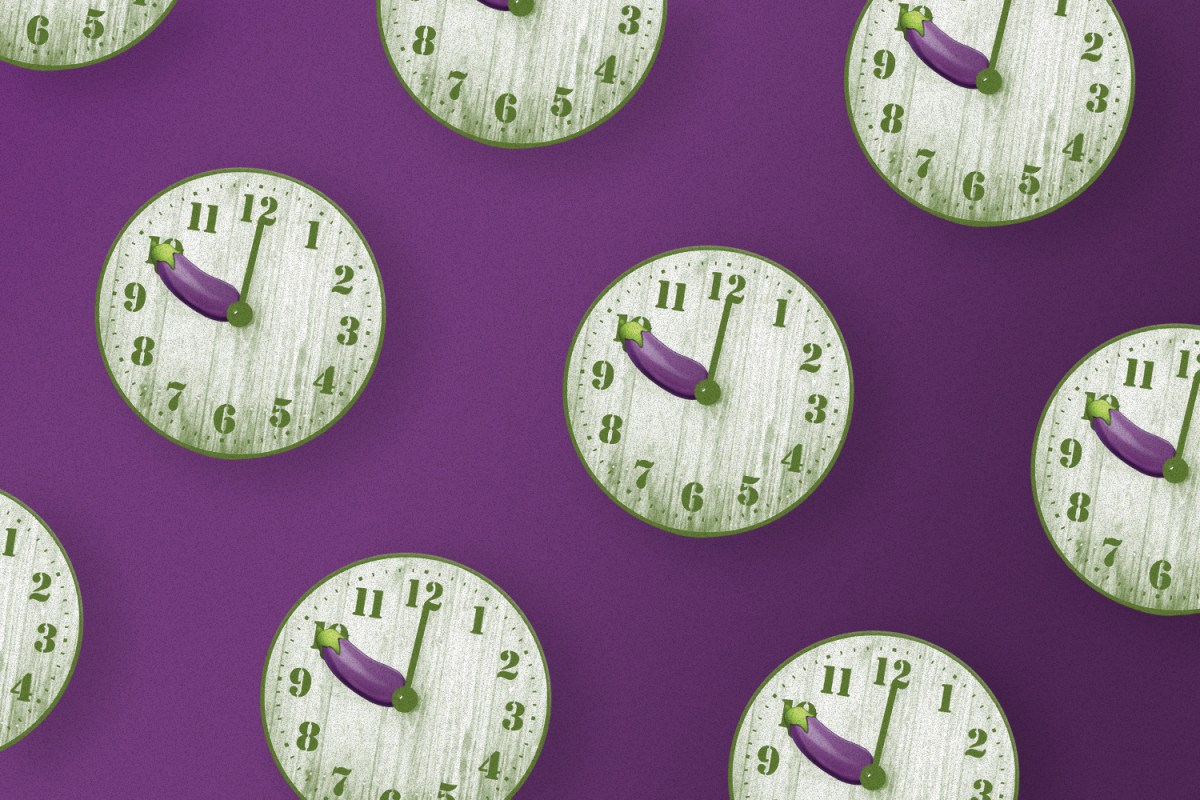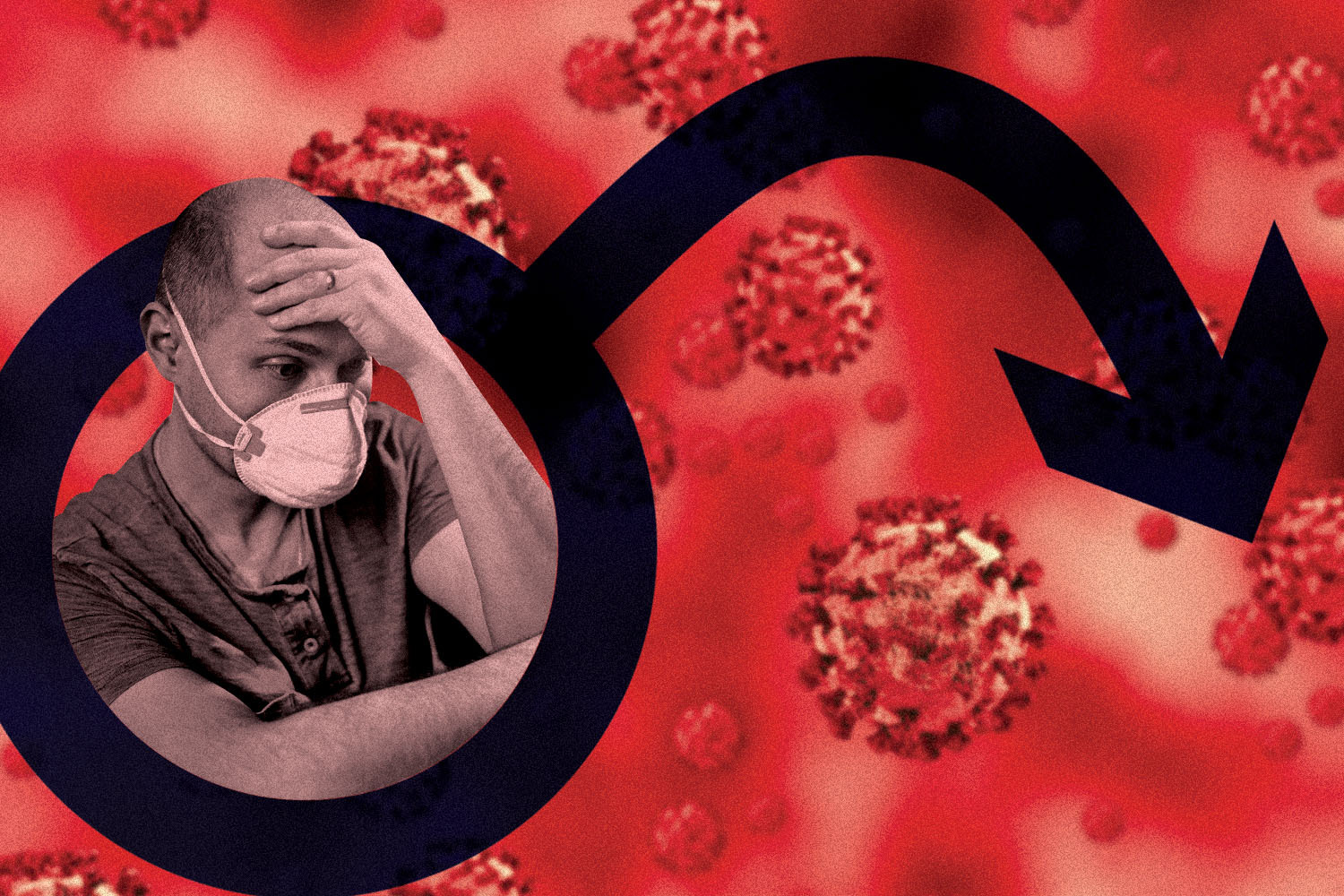You may know the refractory period as the thing that keeps you from getting an erection again for a little while after having an orgasm. But is it also the only thing keeping you from death by sex?
The refractory period is the “recovery phase” after orgasm, “during which it is physiologically impossible for a man to have additional orgasms,” says says Dr. Kien Vuu, Concierge Performance and Longevity M.D., Assistant Professor of Health Sciences at UCLA, and author of Thrive State: Your Blueprint for Optimal Health, Longevity, and Peak Performance. The phase begins immediately after orgasm, and can last anywhere from a few minutes to several hours in men, depending on a variety of factors, including age and health.
Aside from those basics, however, much about the refractory period remains something of a mystery, including the exact biological mechanisms behind it and its reason for existing in the first place. Recent research appearing to contradict a widely held theory linking the refractory period to the production of a hormone called prolactin has only further obscured the great refractory mystery, bringing a slew of other theories to the surface. One of them, according to Susana Valente, a Ph.D. student who collaborated on the paper published last month in Communications Biology, suggests that the refractory period functions as a survival mechanism to prevent men from wearing themselves out, perhaps fatally. “It’s important to have a mechanism that inhibits sexual drive,” Valente told Discover magazine. “To not die of physical exhaustion.”
In other words, the refractory period exists because without it, men would simply fuck themselves to death like horny little gold fish.
It’s an entertaining theory, one that seems to sit well within a pervasive cultural caricature that paints men as cartoonishly horny creatures bound to a perpetual state of insatiable sexual desire. But, much like that image of masculinity itself, the theory may not be terribly accurate.
“The notion of ‘preventing men from dying of physical exhaustion’ may be a stretch,” says Dr. Vuu. However, he adds, “There are homeostatic elements in our bodies that allow for work and recovery. Without proper recovery, our work’s performance — whether it be exercise, thinking, breathing or having sex — is not optimal.” So while Dr. Vuu is willing to believe the refractory period “can be a resting phase associated with a physiological event that could create life,” he’s skeptical that men would actually sexually exhaust themselves to the point of death without it.
So if the refractory period isn’t there to stop you from sexing yourself to death, why does it insist on its post-orgasm boner-killing ways?
“There are only theories of why the refractory period exists,” says Dr. Vuu. “Some theorists believe the refractory period allows the male to spend time and bond with their partner after ejaculation. Other researchers believe that it is merely the consequence of a synchronized release of hormones and tissue responses.”
There is. however, one and only one generally accepted theory, according to Dr. Piet Hoebeke, urologist and surgeon at Ghent University Hospital in Belgium and author of Members Club: A User’s Guide to the Penis. “[The refractory period] occurs in many species and the idea is that this should ensure the refueling of the seminal vesicles to deliver enough valuable ejaculate at the next coitus,” says Dr. Hoebeke. “If this pause were not there, the chances of fertilization at a rapid subsequent coitus might be reduced. Multiple penetrations with good quality seed increase the chances of fertilization.”
So while your refractory period may not be a lifesaving survival mechanism designed to keep you from perishing at the hands of your own horniness, it’s probably helping you expel more fertile loads. This may be bad news if you’re not particularly interested in siring offspring, but I guess it’s cool if you’re into the whole propagation of the human species thing.
Whether you’re looking to get into shape, or just get out of a funk, The Charge has got you covered. Sign up for our new wellness newsletter today.

















